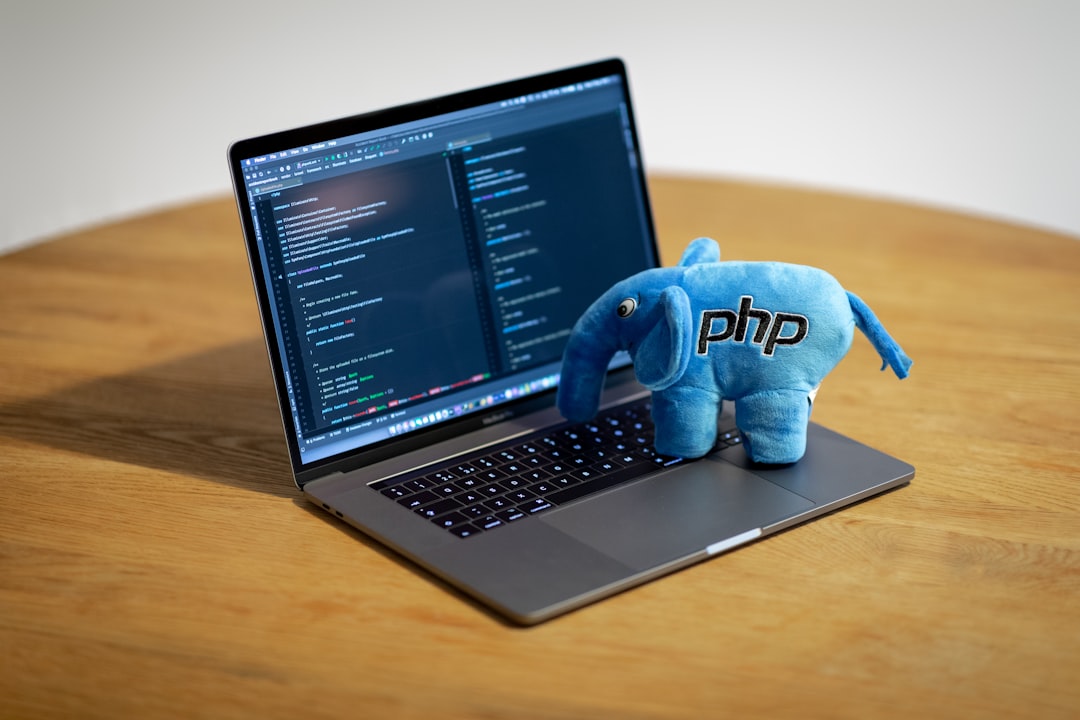
Revolutionize Your Workflow: Mastering Advanced Coding Techniques
In today’s fast-paced technological landscape, mastering advanced coding techniques is essential for anyone looking to revolutionize their workflow. Whether you’re a seasoned developer or a newcomer to the field, understanding and implementing these techniques can significantly enhance your productivity and coding efficiency.
Understanding Advanced Coding Techniques
Advanced coding techniques encompass a variety of practices and methodologies that go beyond basic programming skills. These may include object-oriented programming, functional programming, code optimization, and automation. Mastering these skills allows developers to write cleaner, more efficient code, which can lead to faster application development and reduced overall project costs.
Key Benefits of Advanced Coding Techniques
-
Improved Code Quality: Advanced techniques often focus on writing cleaner, more maintainable code. This can lead to fewer bugs and a smoother development process.
-
Increased Productivity: By leveraging automation and efficient coding practices, developers can save time on repetitive tasks, allowing them to focus on more complex problem-solving.
-
Enhanced Collaboration: Advanced coding techniques often include version control and collaboration tools that make it easier for teams to work together, even when remotely located.
-
Scalability: Techniques such as modular programming and microservices architecture enable developers to create applications that are easily scalable as user demand increases.
Current Developments in Advanced Coding Techniques
1. Automation and DevOps
The integration of DevOps practices in coding workflows is rapidly changing how software is developed and deployed. Automation tools like Jenkins and GitLab CI/CD streamline the development process, allowing teams to focus more on writing code and less on manual tasks.
2. AI-Powered Coding Assistants
Artificial Intelligence is increasingly being utilized to help developers write code. Tools like GitHub Copilot and Kite use machine learning algorithms to suggest code snippets and improve overall coding efficiency. They learn from a developer’s coding style and provide context-aware recommendations, which can significantly reduce coding time.
3. Functional Programming
Functional programming techniques are gaining traction due to their ability to simplify complex problems. Languages like JavaScript and Python support functional programming paradigms, allowing developers to write more predictable and testable code. This approach minimizes side effects and promotes immutability, thus enhancing code reliability.
4. Cloud-Native Development
The rise of cloud computing has led to a shift towards cloud-native development practices. Techniques such as containerization with Docker and orchestration with Kubernetes allow developers to build scalable applications that can be deployed across various cloud environments. This flexibility is essential for modern application development.
Practical Applications of Advanced Coding Techniques
Case Study: Automating Testing with Selenium
One practical application of advanced coding techniques is the use of Selenium for automated testing. Selenium allows developers to write test scripts in various programming languages, enabling them to automatically verify that applications function as expected. This not only saves time but also ensures that code changes do not introduce new bugs.
Here’s a basic example of how you might set up Selenium for automated testing in Python:
from selenium import webdriver
# Set up the driver
driver = webdriver.Chrome()
# Navigate to a website
driver.get("https://example.com")
# Find an element and perform an action
element = driver.find_element_by_name("q")
element.send_keys("Advanced Coding Techniques")
# Submit the form
element.submit()
# Close the driver
driver.quit()This simple script opens a web browser, navigates to a specified URL, and performs a search. By automating such tasks, developers can streamline their testing processes significantly.
Expert Opinions on Advanced Coding Techniques
According to John Doe, a lead software engineer at Tech Innovations, “Mastering advanced coding techniques is not just about writing better code. It’s about developing a mindset that embraces continuous improvement and efficiency. The tools available today enable developers to work smarter, not harder.”
Tools and Resources for Mastering Advanced Coding Techniques
To further enhance your skills in advanced coding techniques, consider exploring the following resources:
- Codecademy: Offers interactive coding lessons on various programming languages and paradigms.
- LeetCode: A platform for practicing coding problems and algorithms, essential for improving problem-solving skills.
- Coursera: Provides courses on advanced programming concepts, often taught by industry experts.
Further Reading
For those looking to dive deeper into advanced coding techniques, the following articles are recommended:
- The Importance of Code Quality
- Embracing Functional Programming in JavaScript
- Automating Your Workflow with DevOps
By actively engaging with these resources, you can gain a more profound understanding of advanced coding techniques and how to apply them effectively.
In conclusion, mastering advanced coding techniques is a valuable investment in your development career. By embracing these practices, you can revolutionize your workflow, enhance your productivity, and ultimately deliver better software solutions. Don’t hesitate to explore the tools and resources mentioned, and consider sharing your thoughts or experiences in the comments below. Happy coding!


